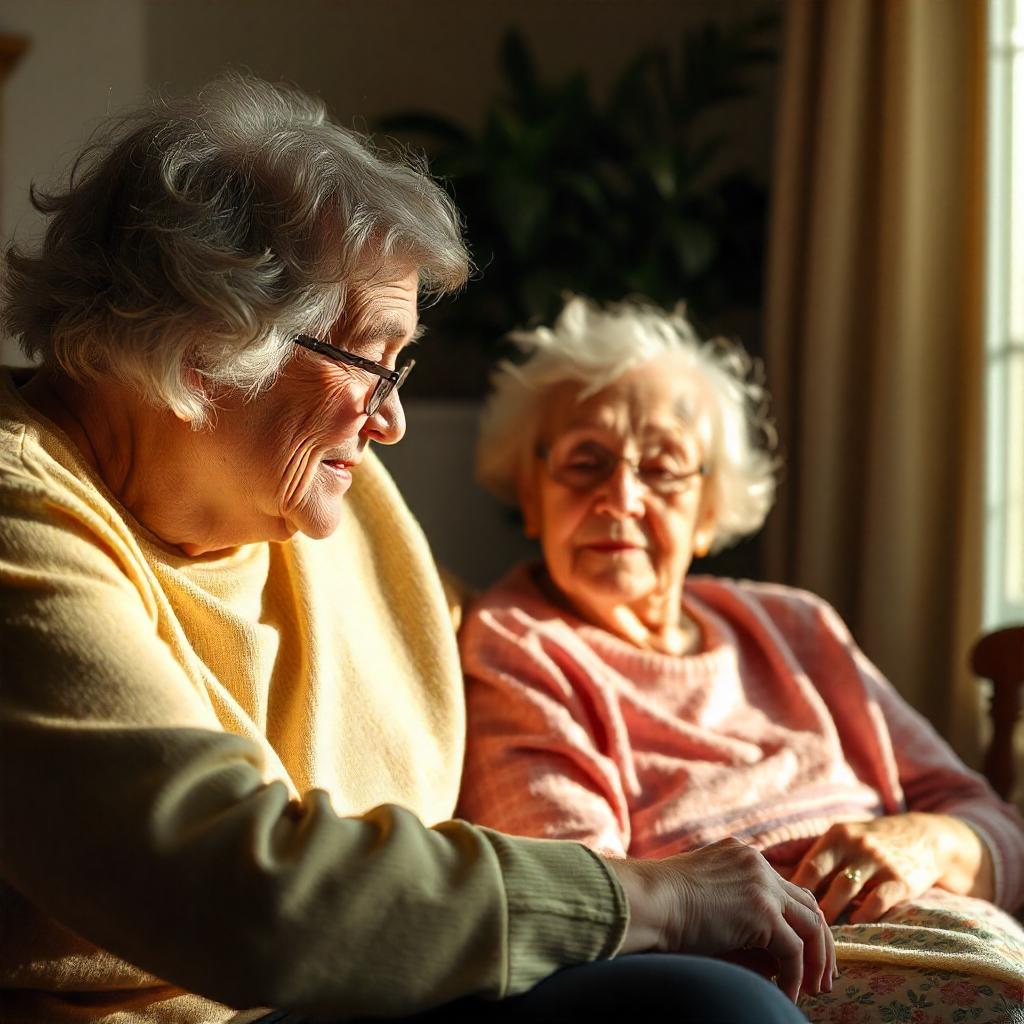Senior day care programs offer a safe, structured environment for older adults during the day. These programs provide social engagement, health monitoring, and various activities tailored to seniors’ needs, promoting their overall well-being while offering family caregivers a break.
Types of Senior Day Care Programs
- Social Day Care Programs
These programs focus on providing recreational and social activities, such as:- Group exercises, games, and arts and crafts.
- Music therapy and movie sessions.
- Celebrations for birthdays or holidays.
- Adult Day Health Care (ADHC)
Designed for seniors with medical needs, these programs provide:- Skilled nursing care, such as medication administration and monitoring.
- Physical, occupational, or speech therapy.
- Assistance with mobility and personal hygiene.
- Specialized Care Programs
Tailored for seniors with specific conditions, such as dementia or Alzheimer’s, offering:- Memory-stimulating activities.
- Behavior management and coping strategies.
- Caregiver education and support resources.
Key Features of Senior Day Care Programs
- Supervised Care
Professional staff oversee seniors throughout the day to ensure safety and comfort. - Nutritious Meals and Snacks
Balanced meals tailored to dietary restrictions, along with hydration monitoring, are provided. - Physical Activities
Programs often include light exercises like chair yoga or walking to promote mobility and physical health. - Mental and Emotional Stimulation
Activities designed to engage the mind and uplift spirits include:- Trivia games, puzzles, and memory exercises.
- Storytelling, book clubs, or reminiscing sessions.
- Transportation Services
Many centers provide door-to-door transportation, ensuring accessibility for seniors and peace of mind for families.
Benefits of Senior Day Care Programs
- Enhanced Social Interaction
Participating in group activities helps seniors combat loneliness and build friendships. - Support for Caregivers
Caregivers benefit from respite, allowing them time to work, rest, or manage other responsibilities. - Improved Health Outcomes
Regular monitoring and health-focused activities promote better physical and mental health for seniors. - Personalized Attention
Programs often tailor activities and care to the individual’s interests, preferences, and abilities. - Accessible and Affordable Care
Compared to in-home or residential care, senior day care programs are often more cost-effective.
How to Choose a Senior Day Care Program
- Assess Needs
Determine whether the senior requires social, medical, or specialized care. - Visit the Facility
Check for cleanliness, safety, and a welcoming environment. Observe how staff interact with participants. - Review Staff Qualifications
Ensure caregivers and medical staff have the necessary certifications and experience in senior care. - Evaluate Activities and Services
Look for programs that align with the senior’s interests and health needs. - Inquire About Costs and Funding Options
Confirm pricing and explore insurance coverage or community funding options.
Senior day care programs provide a valuable balance of care and independence, enhancing the quality of life for seniors and supporting their families in caregiving roles.
